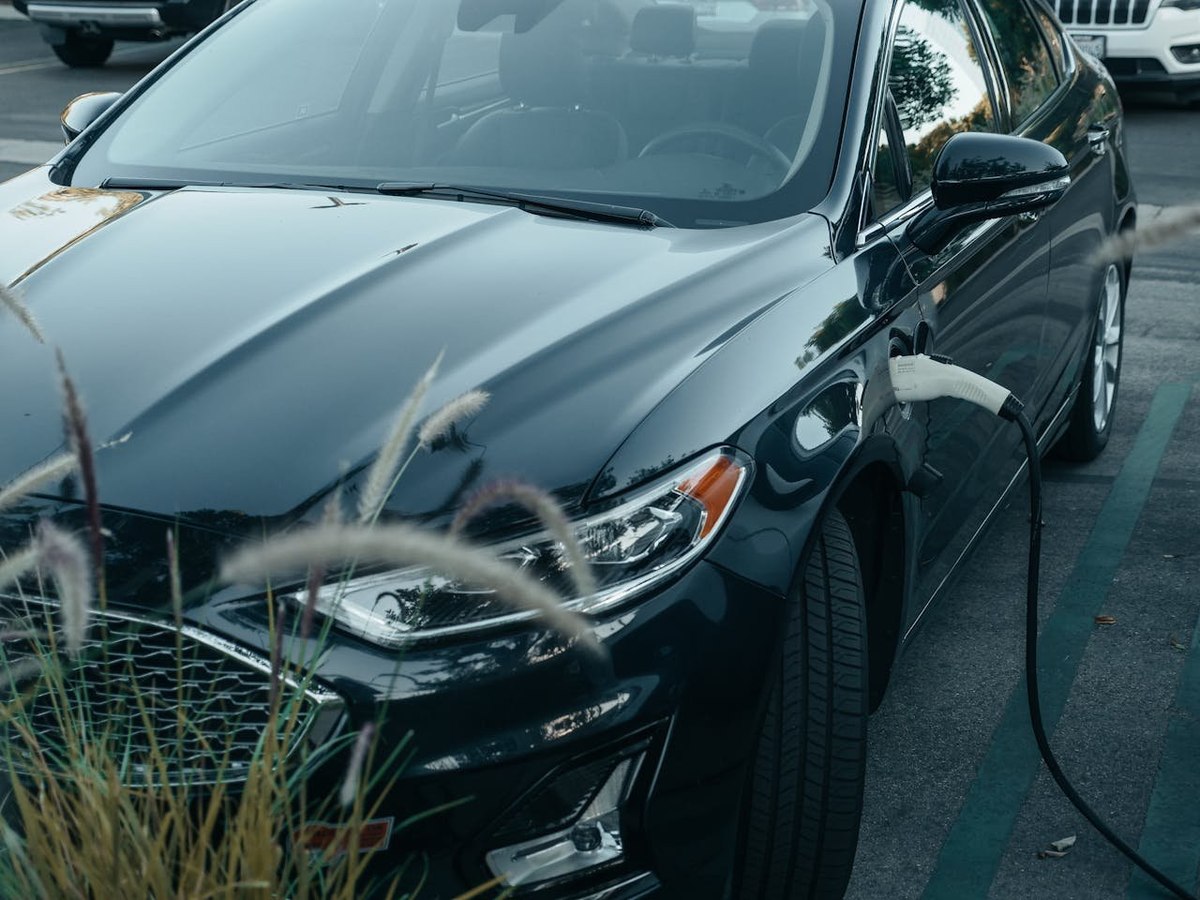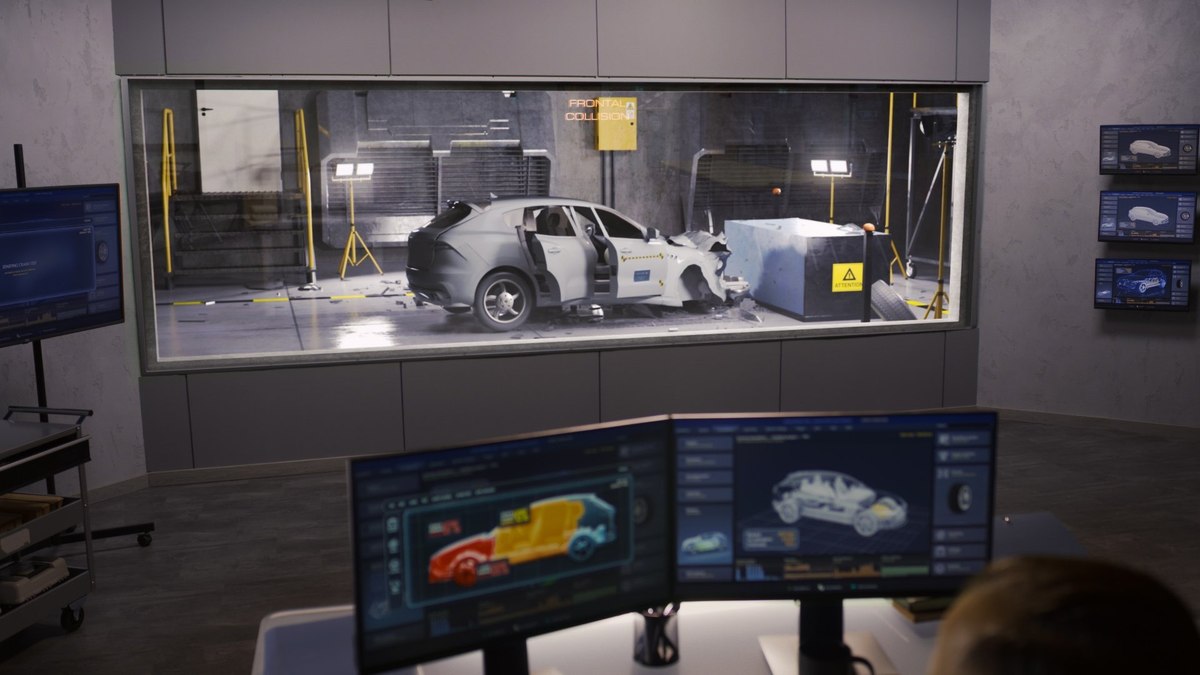
Do Americans want talking cars?
Americans have probably always talked to their cars (“please start,” “why now?” for example). With a new wave of digital voice assistants, cars are starting to talk back. With brands from Mini to Mercedes offering integrated AI-powered voice-assistants in new cars, the age of KITT has arrived. About two-fifths (39%) of Americans have already used a voice assistant in a car, with 17% saying they do so regularly. Close to half (42%) say they’re interested in having one in their next vehicle.
Smart phones and home devices, such as Alexa and Google home, have accustomed Americans to voice-based interfaces. If we issue voice commands to our phones and our houses, why not our cars?
Develop own solutions or adopt existing voice assistants?
As car manufacturers strive to offer the best voice assistants, they must decide whether to build a system of their own, as Mini and Mercedes have done, or to integrate an existing voice assistant. Hyundai, Audi and Chevrolet, for example, all offer integration with Amazon Alexa.
There are advantages to either strategy. Propriety assistants offer solid integration with in-car technology, a unique user experience and control over user data. On the other hand, adopting an existing voice assistant offers familiarity. It’s one less user interface they need to learn. Existing assistants like Alexa also offer integration with other services used at home or on a smartphone.
n this case, consumers clearly prefer familiarity. Half (49%) say they’d prefer to use an existing assistant (Alexa, Siri, etc.) and another quarter (25%) say they’d prefer to simply use the voice assistant on their existing device connected to their vehicle rather than integrating it within the vehicle itself. This leaves only 13% who say they’d prefer a manufacturer-specific voice assistant.
Existing voice assistants are most popular with Americans by far, but there are some significant differences between genders here. Men are twice as likely to prefer a manufacturer-specific assistant (18% vs 9%), while women are more likely to prefer using their phone or tablet rather than a new car integration (31% vs. 18%).
Voice-powered windshield wipers or AI-concierge?
How will drivers use these new technologies? In some ways, the voice assistants just provide an alternative to common button controls: they can control the radio, temperature, locks and so on. But voice assistants can also perform more complex tasks, such as providing directions, weather reports and web search results. They can even act as a kind of automotive concierge, recommending and placing orders at restaurants and stores.
Most consumers also think that controlling the radio (64%) and other systems such as temperature and windshield wipers (56%) by voice would be useful. Only a third are interested in interactive car manuals (34%) and placing remote orders in restaurants and stores (34%).
Explore our living data – for free
Discover more Automotive content here
Want to run your own research? Run a survey now
Make smarter business decisions with better intelligence. Understand exactly what your audience is thinking by leveraging our panel of 20 million+ members. Speak with us today.
Methodology: YouGov polled 570 US adults aged 18+ on November 28th, 2023. The survey was carried out through YouGov Surveys: Self-serve. Data is weighted by age, gender, race, political affiliation, education level and region. Learn more about YouGov Surveys: Self-serve.



































